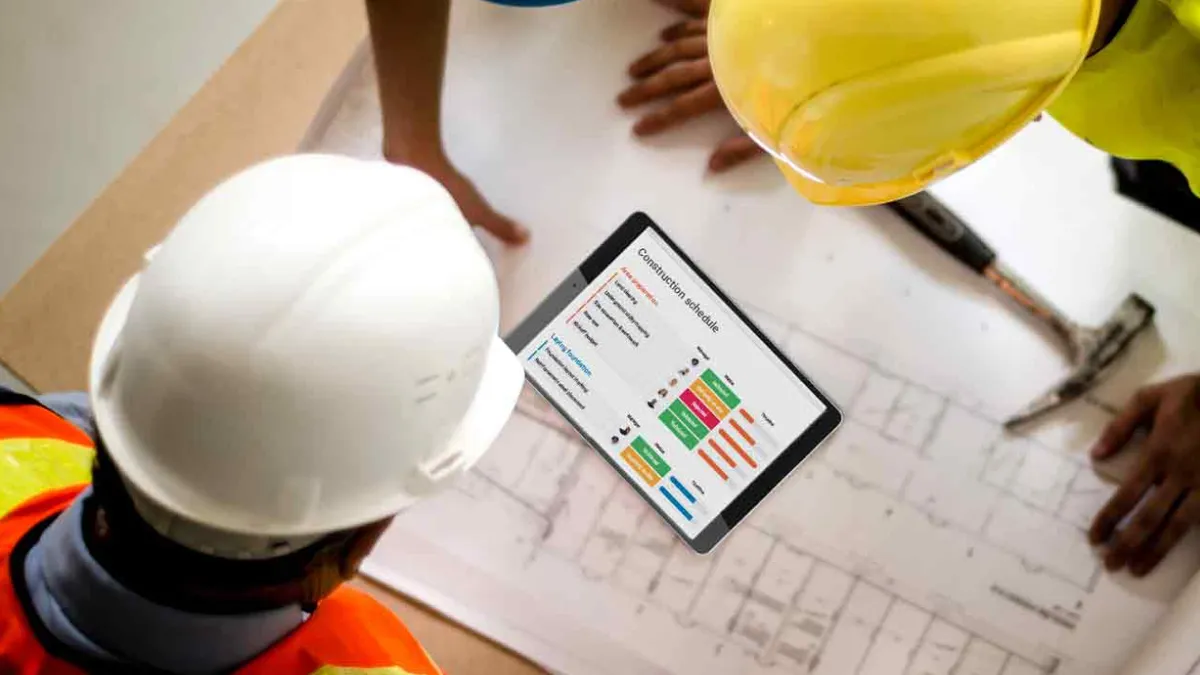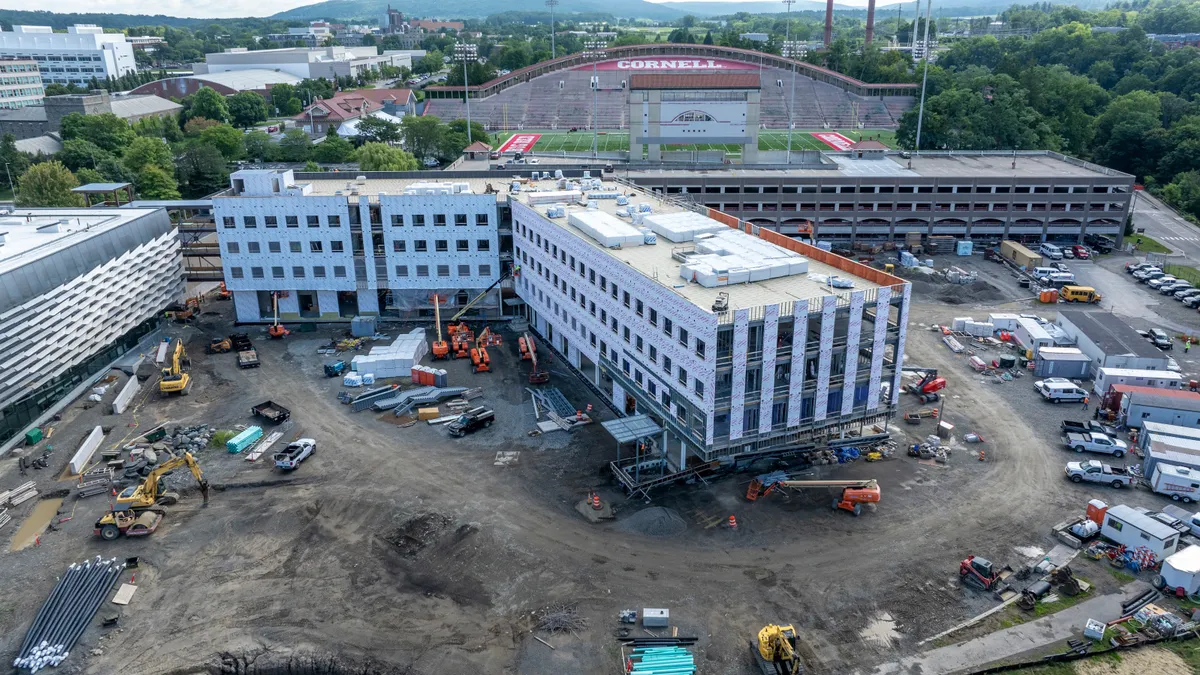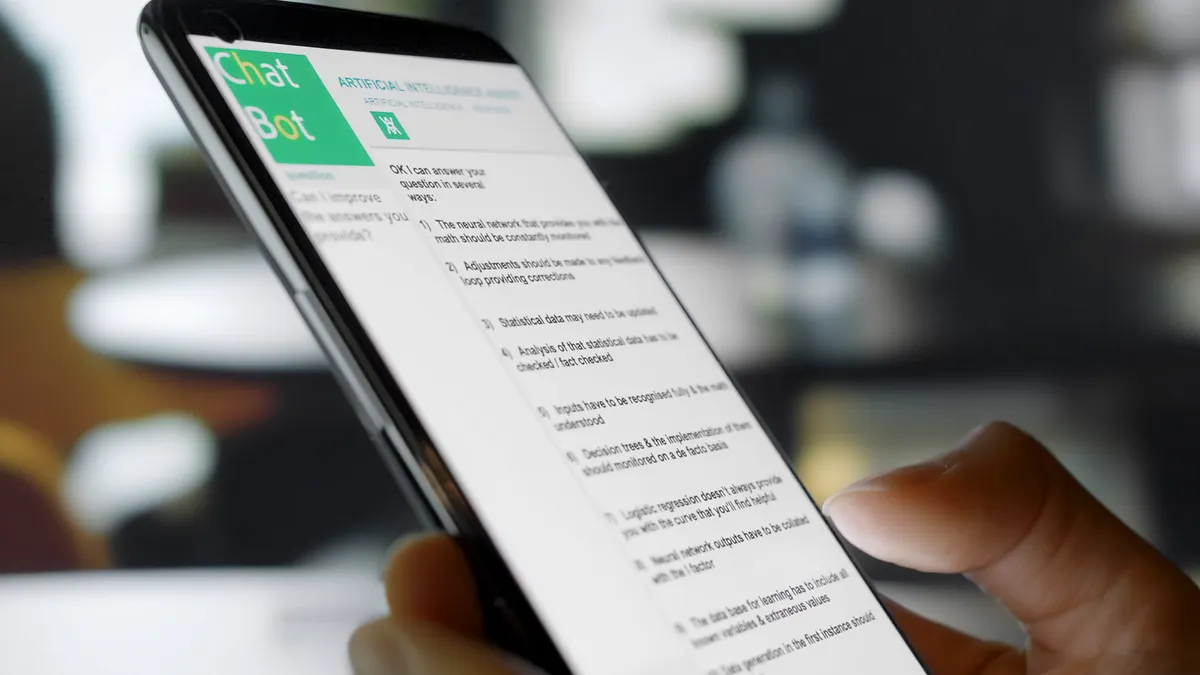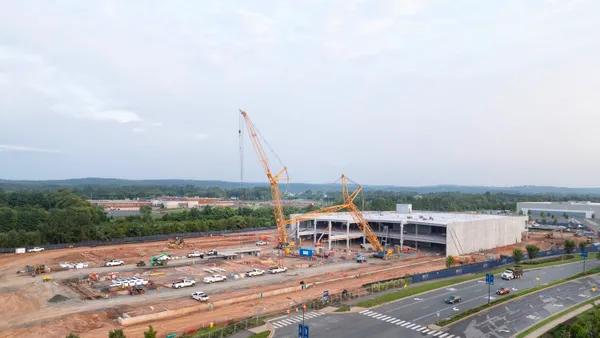The COVID-19 pandemic crisis has forced the engineering and construction industry to rethink how they manage and track projects. Despite the world's drastic shift to digital solutions, construction is still one of the world's least digitized sectors.
Productivity in the construction industry has steadily declined over the last 50 years, and the pandemic has only made it more apparent how far these companies are lagging.
Manual paper-based processes run rampant in the industry, making it difficult for teams in the office and on-site to operate and exchange information at maximum speed and efficiency, especially now with social distancing regulations and a reduced workforce in the field.
While activities in most work sectors around the world have continued to be under varying degrees of lockdown, the construction industry, for the most part, has been allowed to continue to operate under strict health and safety protocols.
Looking beyond the pandemic, with an ever-rising number and complexity of projects on the go, construction-related companies will continue to be at risk of not keeping to strict schedules and budgets due in part to outmoded workflow practices and processes.
Solving these construction challenges is now a critical necessity. The industry must embrace new workflow best practices and online technology to survive and thrive in a COVID world and beyond.
Meeting demands to execute faster
With a gradual shift of the construction industry as a whole moving to adopt state-of-the-art digital solutions to manage and track projects and processes, developers, construction companies, suppliers and trades are all increasingly under pressure to evolve and adapt or die.
Soon, there will come the point where companies that resist change adopting new industry-wide project management norms will start to lag behind and no longer be able to keep up and compete.
To stay competitive, construction companies must gain better visibility into their projects from ideation through to execution. Having greater oversight requires all project information to live in one central place so construction leaders can track progress and remove bottlenecks at any stage to keep projects moving forward.
There's also a need to increase efficiency, with many construction companies looking into automation tools for repetitive tasks. With automations, construction-related companies can reduce human error, avoid missing deadlines, streamline processes and keep everyone in the loop every step of the way.
The management team can also configure automated alerts to receive notifications when a task or process is at risk of running behind schedule or over budget, allowing leadership to make informed decisions faster and keep everything on track.
Maintaining deep coordination with all key stakeholders
It's becoming increasingly difficult for construction teams to meet their strict standards and specifications without a proper modern construction project management solution.
Today, a digital platform solution is needed to ensure constant alignment between all project stakeholders. The involvement of multiple contractors and subcontractors, designers, supply chain managers, architects and field workers creates many intricacies to manage. As a result, any misalignment can trigger massive disruption and costly delays.
Even non-complex construction projects require near-perfect coordination, communication and planning synergies because of the many different tasks dependent on others to complete a successful project.
Without synchronization, undesirable bottlenecks can result, slowing down scheduled progress, impacting productivity and quality control and increasing cost overruns.
Keeping everyone on the same page with real-time updates
With a heavy reliance on paper and so many iterations, it’s very easy for workers in the field to follow outdated plans and schedules inadvertently.
To avoid unnecessary delays and wasted efforts, everyone should have access to the most current information, drawings and schedules anytime and from anywhere.
Having everything stored and managed in one system online gives field workers the ability to look up what's current on their mobile phone and track in real-time any changes that are made elsewhere with each iteration.
Bridging the gap between field and office workers
Tracking all the moving pieces and details of every project can be extremely challenging.
Imagine that specific parts arrive at your construction worksite, but they are not up to the contractor's standards. Without an efficient and timely digital system in place to quickly let the supplier know they need to replace the parts, there could be a long delay before you get the replacements and can proceed. This issue can end up jeopardizing the timeline and creating higher labor and equipment costs.
In addition to communicating across teams, it's also essential to be able to keep clients updated. Suppose clients don't receive real-time information on the ground or have the opportunity to provide immediate input and feedback. In that case, situations can arise that could lead to a hostile dispute or even litigation over miscommunication and error.
Clear and instant communication is essential every step of the way. It's critical during the planning stage when all stakeholders should be first aligning on the objectives, conditions, and constraints of a project. It's also crucial through the subsequent development phases when each team needs to report on their progress, share updates, answer questions and resolve bottlenecks.
When centralizing communications online via a workflow platform, you eliminate needing to sift through long email threads and floods of instant messages to stay abreast of daily updates or repeat the same information to different team members in separate conversations.
Finding the right construction project management solution
With so many options out there, choosing the right online platform for your construction business can feel overwhelming.
Many companies end up discovering that traditional construction project management software is often either overly complicated or limited in certain critical capabilities. And adopting a platform that doesn’t quite fit your team’s needs could slow, stall, or even derail your projects.
monday.com Work OS is a flexible platform offering a powerful solution tailored to construction businesses of all sizes. The cloud-based platform is easy to use and offers hundreds of ready-made templates for construction, including project management, project tracking, schedules, general contractor and subcontractor management, and more.
There’s also a mobile app version suitable for field workers offering instant access to all the latest project information they need and makes connecting with the team back in the office easy. Communication and coordination among all stakeholders is seamless with monday.com Work OS, making it easier for teams to stay on schedule and within budget.
For a clear, competitive advantage over your competition, it’s time to consider making the switch to a paperless system that fits your team’s needs and will set your construction business up for success now, and in the long run. To learn more, visit us at www.monday.com/construction.










